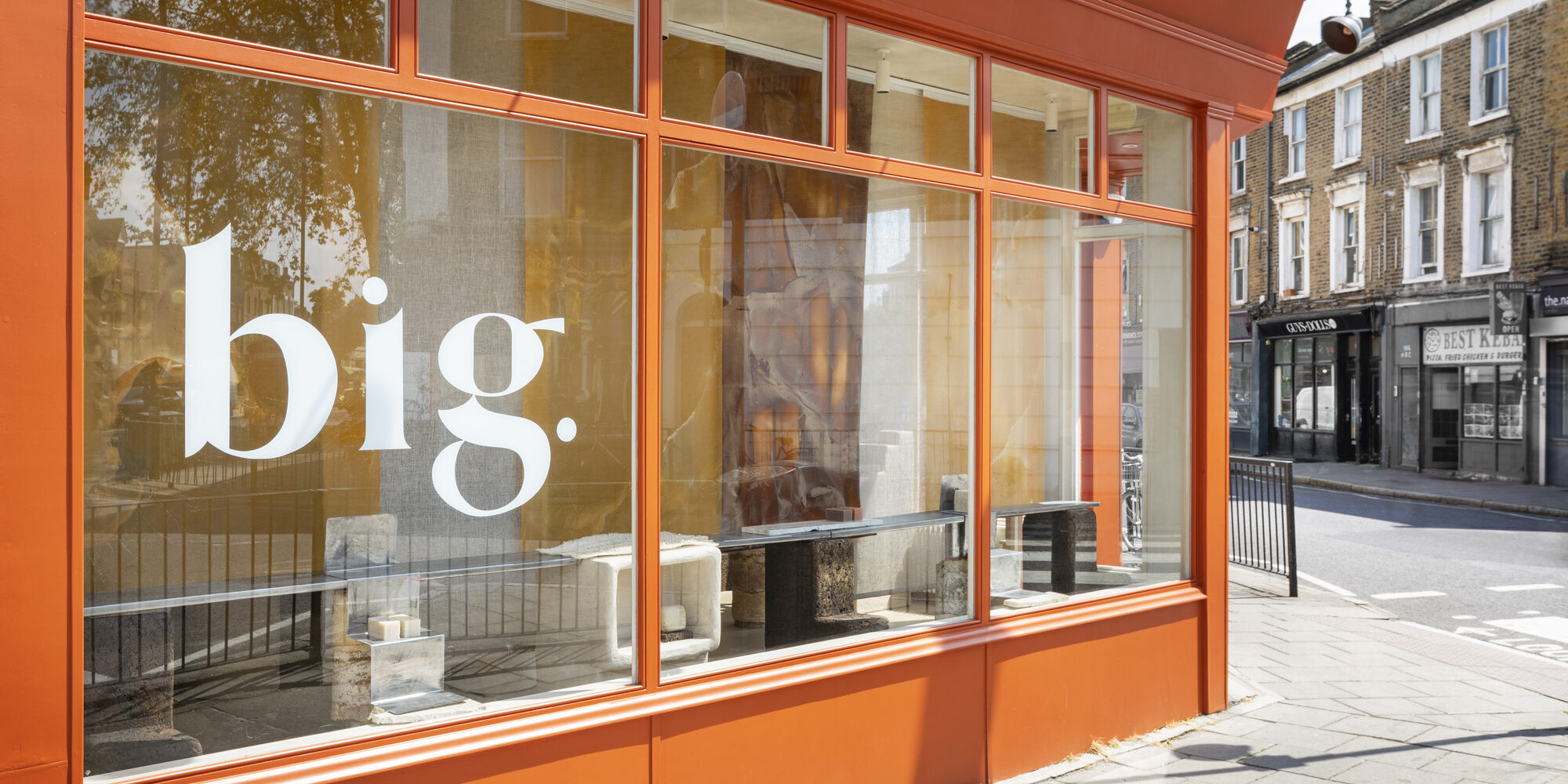
British Beauty Retailer Big’s Big Ambitions To Grow Its Sustainability-Focused Concept
Big wants to do retail differently from its high-street competitors.
The 500-square-foot shop in East London neighborhood Hackney is focusing on its community and the environment as it veers from the overcrowded shelves and relentless pursuit of newness of other beauty retailers. Opened in March last year, it has an edited selection of 20 brands across skincare, haircare, body care, fragrance and home, including Mirror Water, Lesse, Activist, Neighbourhood Botanicals, The Nue Co., Reome, Irene Forte, Votary, Vyrao, AKT and Earl of East, that have to adhere to strict packaging guidelines such as steering clear of virgin plastic and utilizing recyclable materials like aluminum and glass.
“We’re very aware of the incumbents in the U.K. and how they’re evolving their retail offering to be more experiential. To really nail the physical experience is important,” says Lisa Targett Bolding, founder and CEO of Big, adding, “I don’t think anyone is approaching it with the same interconnectedness around benefiting the environment and communities altogether. We’ve got first-to-market in terms of concept. What we’re building and retaining is an incredibly powerful community, which is going to be our USP [unique selling point].”
So far, Big is gaining momentum with customers. According to Targett Bolding, it boasts a 70% customer retention rate and is on track to increase annual sales 100% this year. The average order value and frequency of purchase are trending up, too. Targett Bolding reports the company became profitable in its initial year in business. She aims to enlarge Big’s footprint around London within the next five years.
“If we can grow those fundamentals, then we’ll be in a really good place to open up two or three new stores probably without seeking external investment, and then what we’re going to be is an incredibly investable business from there,” says Targett Bolding. “It’s time to provide something new for the high street in the U.K. I have huge ambitions for the model now that we have such amazing results and early adoption.”
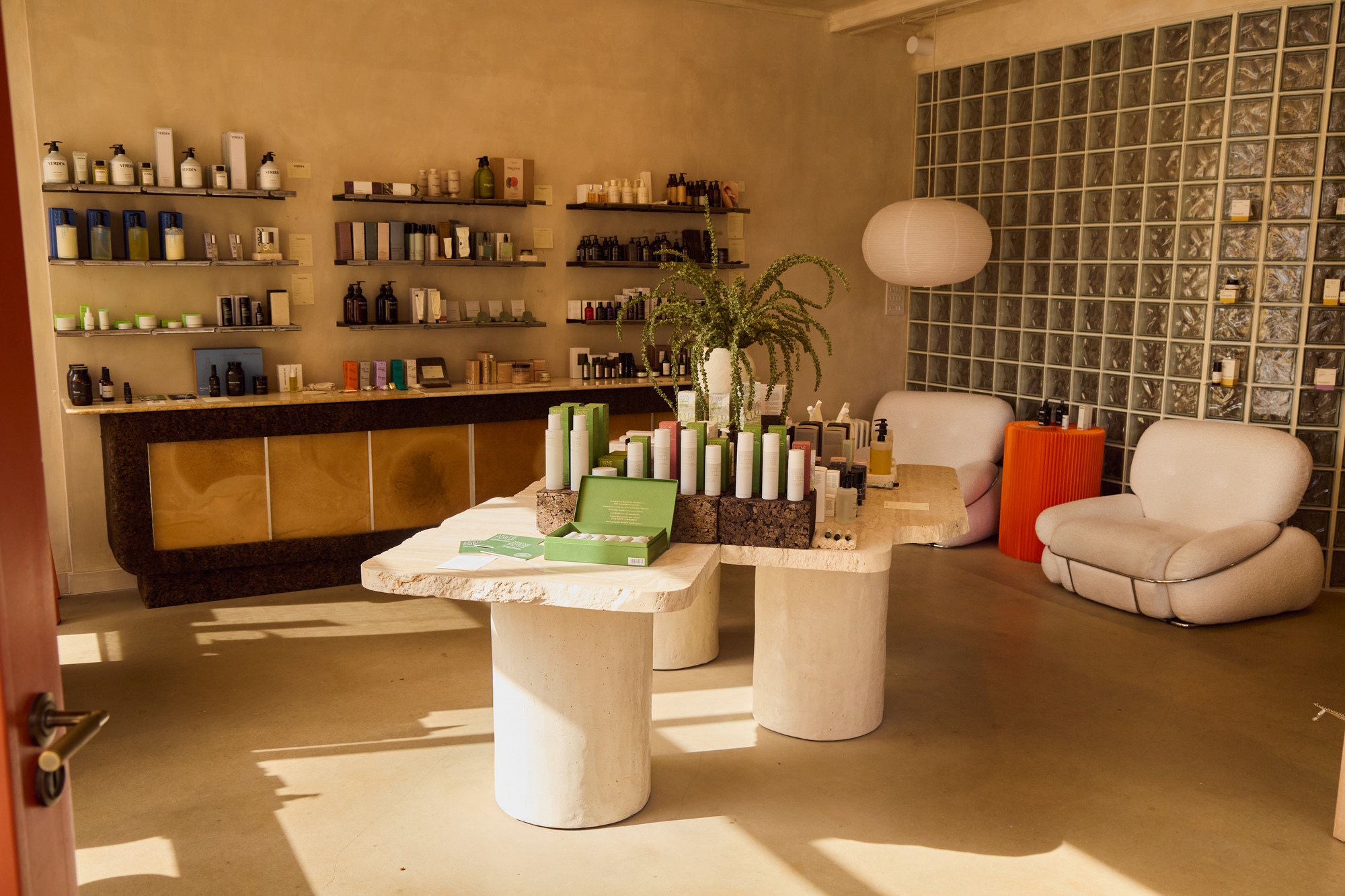
Every other month at Big, a new brand is featured as part of a monthly pop-up installation where the brand receives prime placement within the shop as well as access to its space for activations and events. Pop-up brands typically work with Big on a commission basis with the brand owning the stock and the retailer taking a percentage of each product sold. Big’s permanent assortment operates on a wholesale model.
The benefits of holding monthly pop-ups are twofold for the retailer. Targett Bolding explains they’re a thoughtful way to introduce newness to Big’s customers and an avenue for testing brands prior to bringing them into the larger assortment. About five brands have transitioned into the retailer’s assortment following pop-ups. A recent example is New Zealand-headquartered Manuka honey brand Activist. The brand’s pop-up at Big encompassed a window display and launch event highlighting its liquid Immune Elixir supplement.
Targett Bolding says, “The pop-ups push against people going for newness all the time, which I think is a big issue, as is overconsumption and unnecessary waste in the industry.”
Big tries to be mindful when it comes to marketing its brand partners that tend to have tight margins due to their sustainability efforts. One tactic it uses to reduce the costs of events for brands is to charge for tickets to them in order to spread the costs between the retailer, brands and attendees.
“It’s time to provide something new for the high street in the U.K.”
“For me, it’s not a democratized industry, and the brands that are doing things for humanity and for the planet are getting lost in the clutter,” says Targett Bolding. “We try to make marketing a really balanced thing where it’s affordable and people don’t feel like they’re being strong-armed into it. I don’t have an issue with retailers and marketing. It’s more when they force brands to do it in order to maintain their place as part of a collection.”
Over 95% of Big’s revenue is generated from its flagship store. Natural deodorant is Big’s bestselling product category and is typically customers’ entry point into its assortment. Spanning categories, deodorant brand AKT, skincare brands Lesse and Votary and fragrance brand Vyrao are bestselling brands at the retailer.
Big is yet to offer color cosmetics brands because they fall short of its sustainability requirements. “There are too many small components that cannot be recycled,” says Targett Bolding. “We have seen brands that do refillables…and we see people using 60% to 70% post-consumer recyclable plastics, but nothing beyond that. I think that color cosmetics have a long way to go from a packaging perspective.”
Roughly 30% of Big’s revenue is from in-store services. It offers acupuncture, facial and body treatments like deep tissue and pregnancy massages and seasonal services like nourishing foot care treatments for colder weather. Services are provided by independent practitioners who rent space at the retailer for about a month. They’re not available every day, but Targett Bolding says the retailer is almost fully booked.
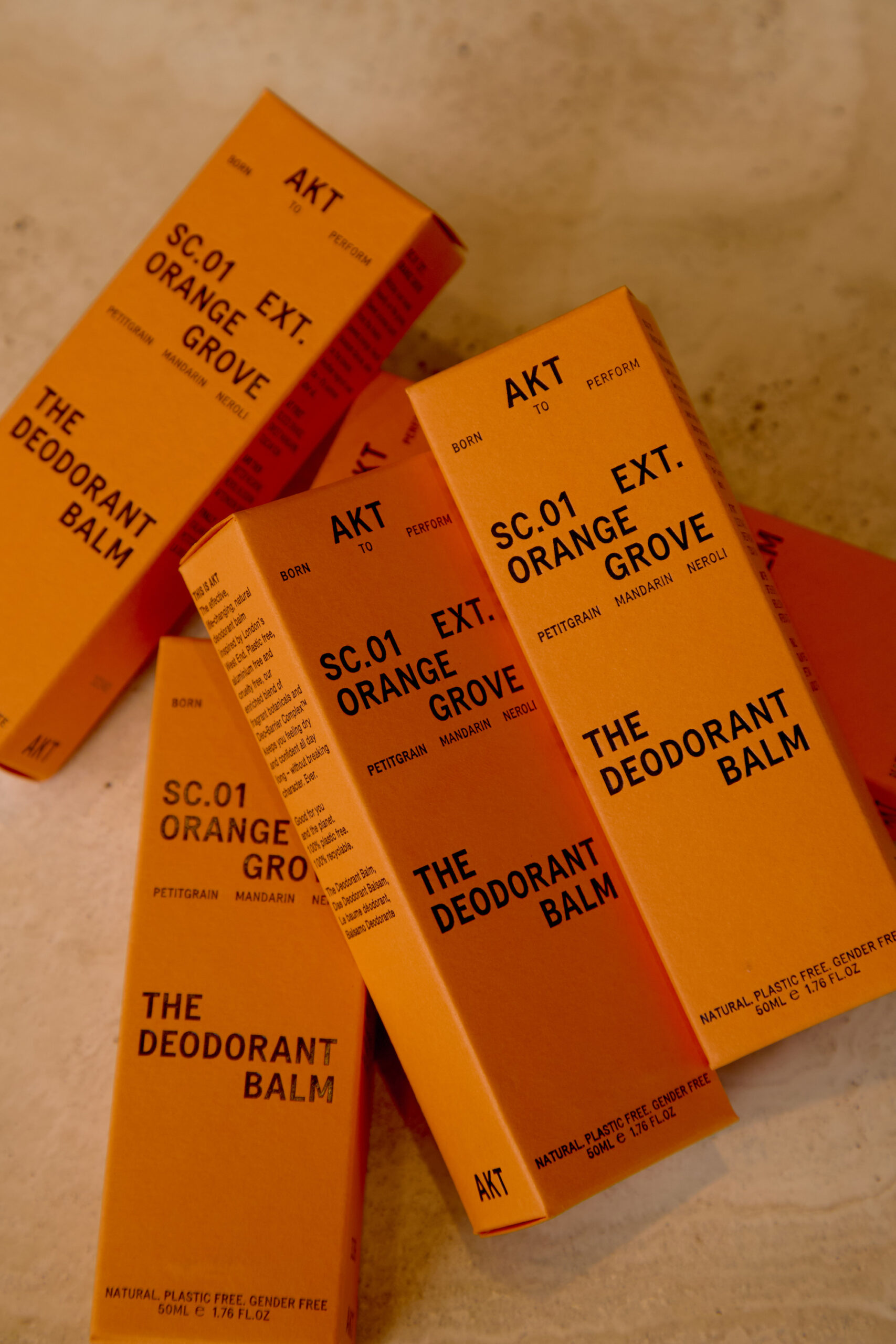
“We co-promote the activity for a period of time and create content around it. We make sure that, similar to the pop-up model, it lives and breathes as its own entity and that it has the success rate of anything else that is part of our permanent treatment creation around body work and facials,” says Targett Bolding. “It also provides another opportunity for us to talk to our customers and get a feedback loop going of what they need.”
To embed eco-consciousness into the business from the ground up, Big tapped sustainability-driven design firm Nina+Co to design its interiors with salvaged local materials like marble and glass. The shop’s shelves were recycled from old libraries, and its curtains and paneling are constructed from seaweed bioplastics.
“When you create something beautiful, it really does change behavior. I think it shows people that you are invested,” says Targett Bolding. “We can then have a conversation about the environment without screaming that every product is green and clean.”
This story was updated with new information on Wednesday, October 16.

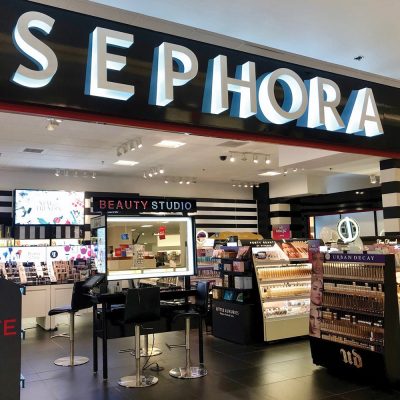
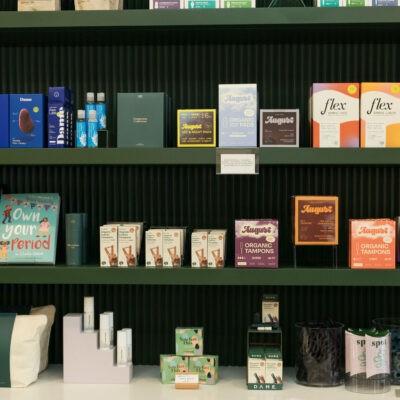
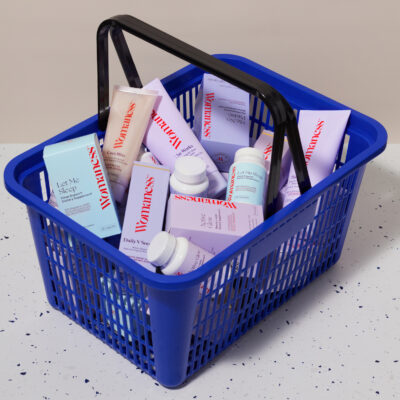

Leave a Reply
You must be logged in to post a comment.